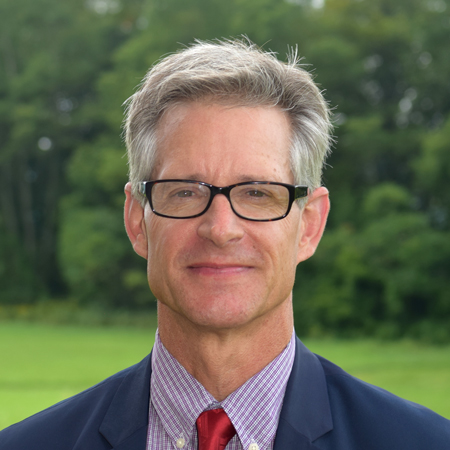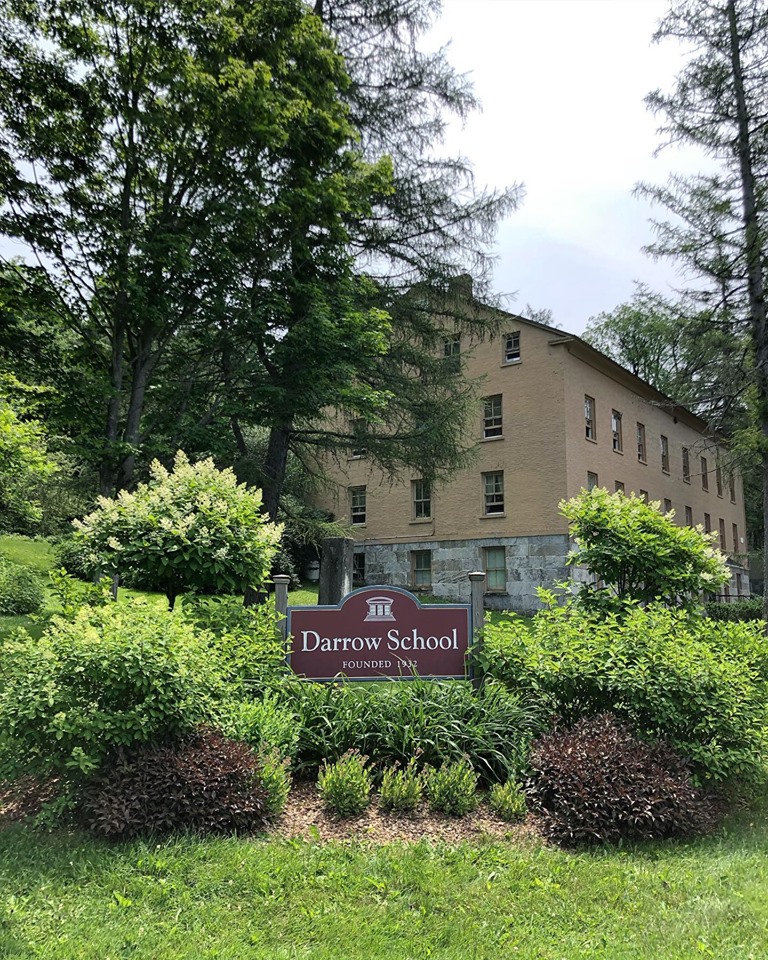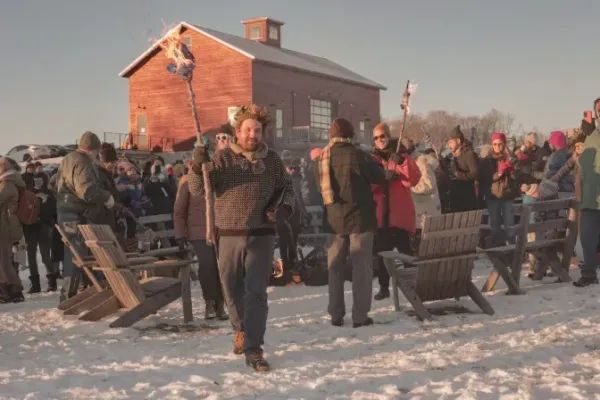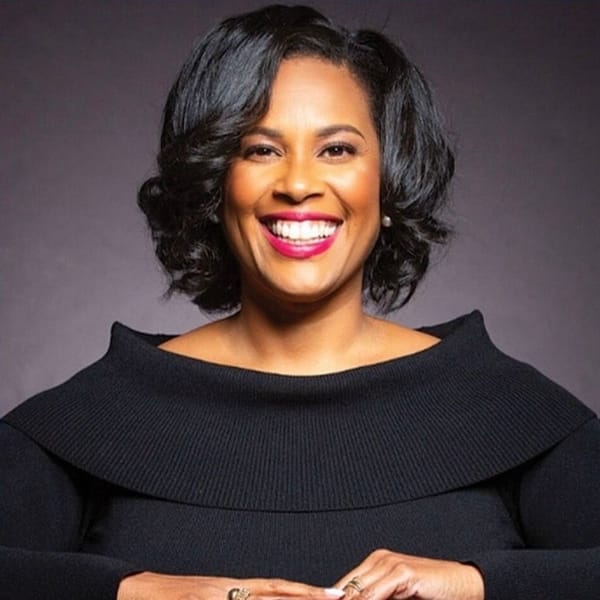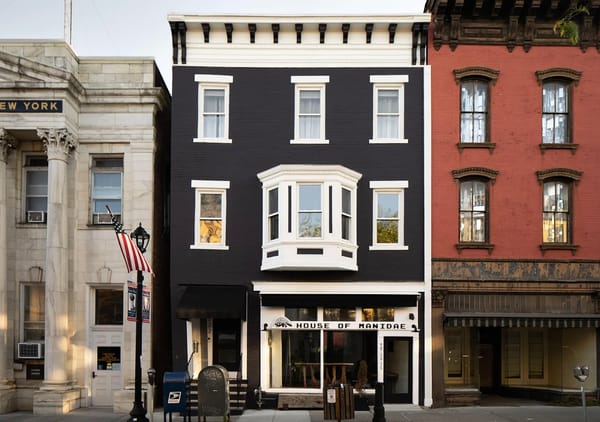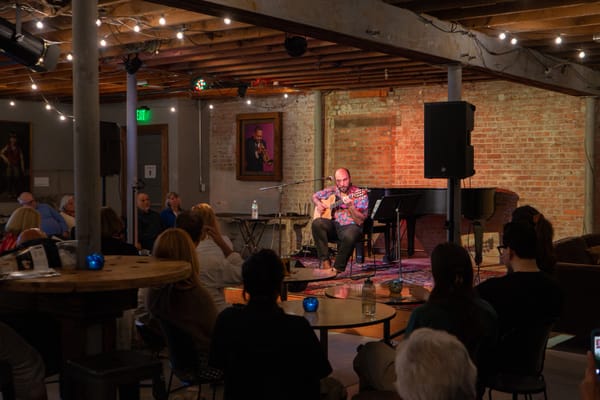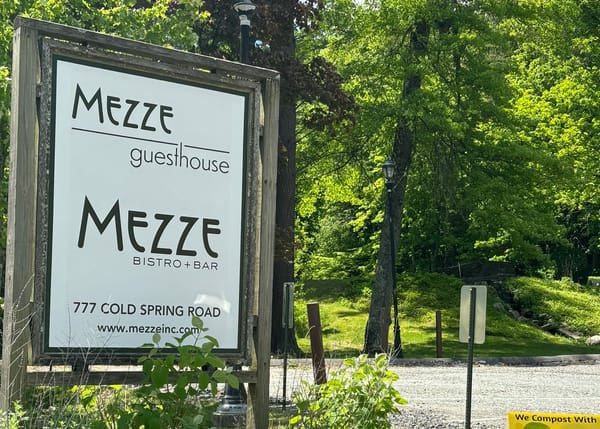The Rural We: Andrew Vadnais
The new head of school at The Darrow School is a familiar face.

The new head of school at The Darrow School is a familiar face.
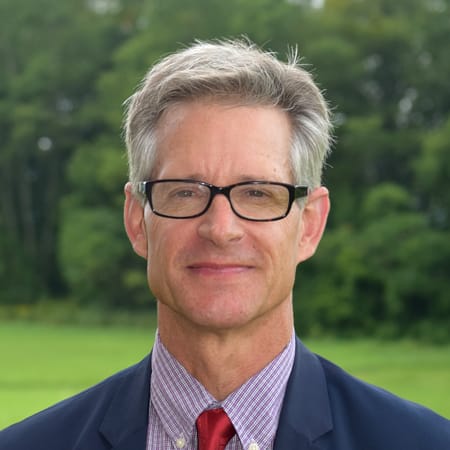
Andrew Vadnais
Andrew Vadnais might be the new head of school at The Darrow School but it’s been a part of his life for decades. Vadnais started his career teaching history at the progressive, high-performing private high school at the Mount Lebanon Shaker Village Historic Site in the 1980s. The experience shaped his love of teaching and the direction of his scholarly interests into utopian societies of the 19th century. The Williamstown, Mass. native returned to Darrow in 2018 and took the reins this summer in his new position, overseeing a new generation of students as they navigate modern challenges surrounded by the legacy of the Shakers' ephemeral utopia.
I grew up in Williamstown. I was raised in a family of educators. So naturally, I rebelled against that. I didn’t want to go to college. I worked as a sous chef in Florida. That was terrible. I worked in a lumberyard. Pretty soon, I was ready to go to college. Oftentimes, learning what you don’t want goes a long way towards figuring out what you do want.
I went to Williams College, and then studied utopian communities of the 19th century at the University of Delaware. I was interested, from an intellectual standpoint, in what makes a community succeed and what can make them fail. I studied the disruptive effects of technology on the Mount Lebanon Shakers.
In 1983, I began teaching at The Darrow School right out of college. My wife [Nancy Lyon] started teaching there, as well, the following year, after she graduated. I was here for about 10 years. I was a history teacher, a soccer and basketball coach, and we were dorm parents. It was total immersion. It was a great experience and we met amazing people who are still in our lives today.
I left to take a job as the curator at Hancock Shaker Village for about five years. I wanted to help them out primarily with the reconstruction of the water turbine. It was fun and rewarding, working with retired GE engineers and draftsmen who were able to remake it, and make it work.
I then went to Pine Cobble School in Williamstown where I was the athletic director and taught seventh and ninth grades. After that, I was head of school at South Kent. I was there for 15 years.
Coming back to Darrow [in 2018] and walking the same halls, the biggest thing is it just felt like home. The best part is the kids, getting to watch them transform and grow. [The benefit of the school being at Mount Lebanon] isn’t something you can just point to. It’s in the DNA of the place, the way the buildings are laid out, the light — it’s kind of magical. The ideal of doing things to the best of your ability is in everything. For the students, they don’t know anything different. It’s when they leave and come back that they really realize how special it is.
Since leaving the first time, I’ve changed and experienced the world and I’ve seen a lot of different educational models. Now we’re looking at the disruptive nature of technology at the extent it is today. The way the kids interact with technology and each other is very different. The kids are all consumed with and aware of so much more than the kids in the '80s but they’re no less confused.
I’ve had to relearn how to present different issues. Being here gives us an opportunity to bounce ideas off the Shaker model. Climate change has been a big issue of concern for the students and Shaker history gives us a real sense of urgency when it comes to things like our connection to the natural landscape.
